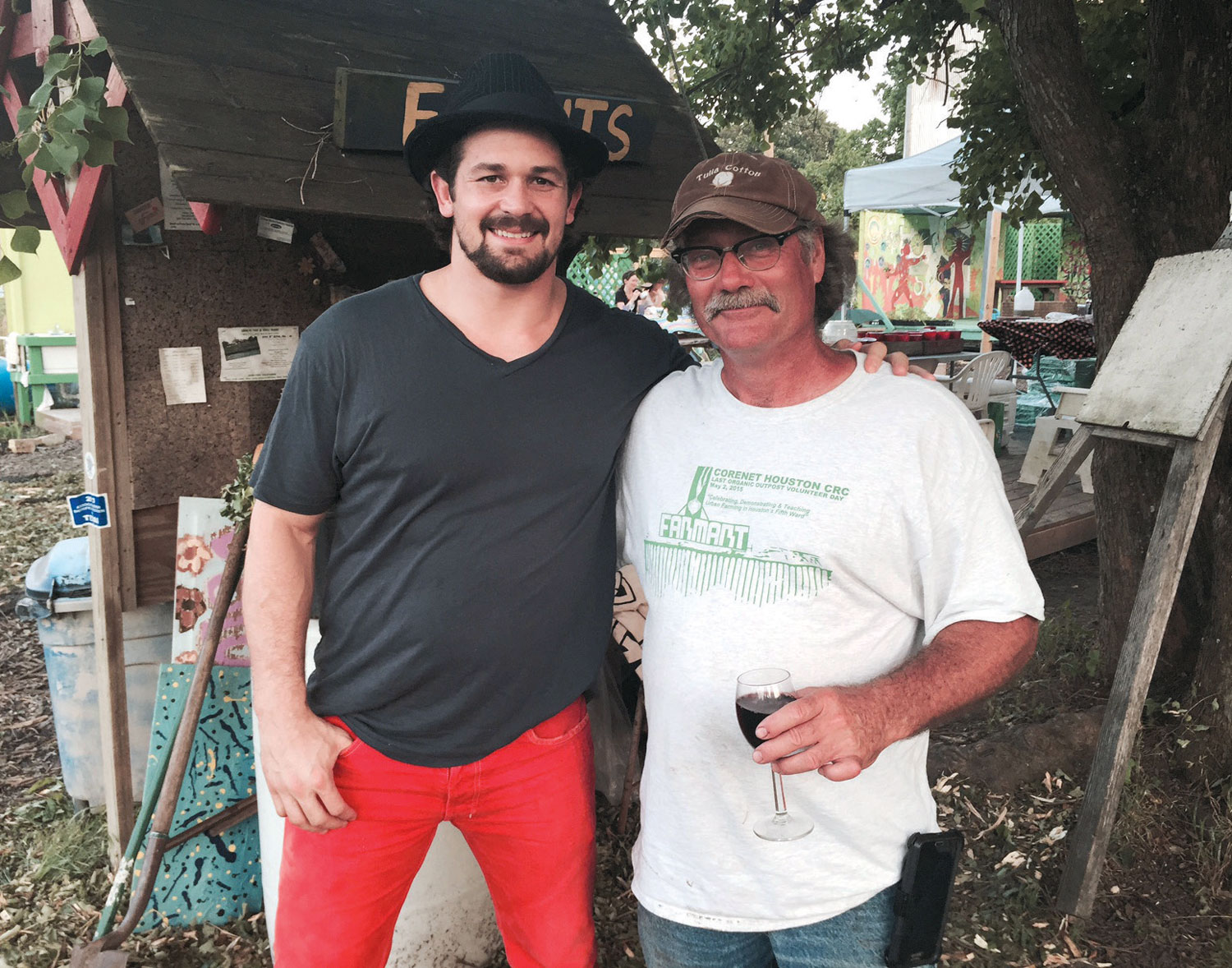How Local is 'Local'?
When it comes to food, Reed Shelger has gone beyond local to LocalLocal, a business he started late last year. LocalLocal is an online directory and review site of retailers purveying locally produced food—restaurants, farmers, artisans and other food retailers. Farmers can create profiles on the site that include information about their products and production methods. Restaurants and other retailers can register and indicate which local producers supply their local food.
To prevent “local washing”—making false claims about local sourcing—LocalLocal uses three main safeguards: First, it requires businesses that register to accept a legal agreement binding them to accuracy. Second, LocalLocal sends farmers listed by restaurants and other food retailers a request for confirmation that they do in fact sell their products to those retailers. Third, LocalLocal relies on its community of users to report businesses that misrepresent their sourcing of local food.
LocalLocal stems from Reed’s personal concern about how our food is produced. “A series of popular books and documentaries including The Omnivore’s Dilemma, Food Inc. and Farmageddon helped bring about this awakening, and I realized the importance of ‘local’ food systems,” he says. “I also thought about the root causes of the problem: How did we get to this point? What are the challenges hindering the growth of ‘local’ food production?”
With an MBA from Rice University, a BS in managerial economics from UC-Davis and several years of management consulting in the food industry, Reed saw his interest in local food as a business opportunity. Though he looked at direct-to-consumer food delivery businesses, he kept in mind that most people buy food from supermarkets and restaurants, and began developing LocalLocal.
“LocalLocal provides transparency,” he says, “and helps consumers to ‘vote with their wallets’ by patronizing businesses that offer locally and sustainably produced food.”





